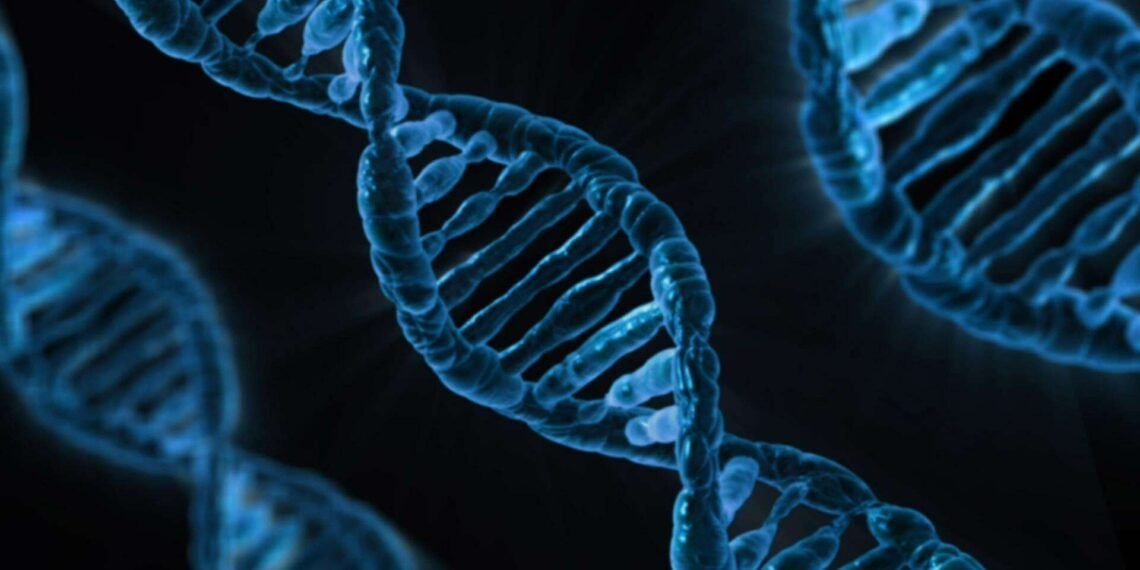Navigating child custody issues can be an emotional and sometimes overwhelming experience. In many cases, the determination of custody arrangements requires clear and definitive answers about paternity. DNA testing has emerged as a vital tool in resolving these complex situations.
Individuals may not be biologically related to the person they believe is their father. This makes genetic testing a crucial aspect of custody battles.
In this article, we’ll learn how DNA testing plays a crucial role in child custody cases, helping establish paternity and support legal decisions with accurate genetic evidence.
Table of Contents
Understanding the Role of DNA Testing in Child Custody
In child custody cases, establishing paternity is often of utmost importance. The legal rights of a child to receive benefits, emotional support, and financial assistance depend on it.
DNA testing helps families in many important ways. First, it shows who a child’s real parents are by checking their genes. This can be very helpful in court when parents need to prove who the father is, especially for things like child custody.
Also, knowing the truth about family connections can bring peace and help people feel better during hard times.
In more intricate cases, such as those that involve multiple parties or presumed fathers, DNA testing provides undeniable proof and can help reduce the time and expense associated with custody battles.
What to Expect with DNA Testing
When planning to undergo DNA testing, it’s essential to understand what the process entails. The steps in DNA testing are simple.
First, a sample is taken, usually by rubbing a soft swab inside the cheek, but it can also come from blood or other body fluids. Then, the sample is sent to a special lab where scientists check it carefully.
After a few days or weeks, you can get accurate DNA testing results showing if someone is the real parent. It’s more than 99% correct.
These accessible steps enable parents and legal guardians to establish the necessary findings quickly and efficiently.
Legal Implications of DNA Evidence
During custody proceedings, genetic evidence derived from DNA testing can make a significant difference. Courts often rely on this scientific validation when making custody decisions. It’s important to remember a few things about DNA testing and court cases.
First, it’s a good idea to talk to a lawyer who knows about family law to understand how the test results can affect things like who gets to care for the child. Also, the rules about using DNA tests in court can be different depending on where you live.
Most importantly, the court always tries to do what’s best for the child. That includes thinking about their feelings and overall well-being-not just the DNA results.
These factors highlight why proper legal guidance is crucial to understand how genetic testing results might influence ongoing custody battles.
A Unique Solution for Your Custody Needs
In the emotionally charged environment of custody disputes, DNA testing offers an undeniable foundation based on science and facts. By incorporating genetic evidence into these cases, parents can build stronger cases for custody and support. This ensures that the child’s best interests remain the focus of all decisions.


